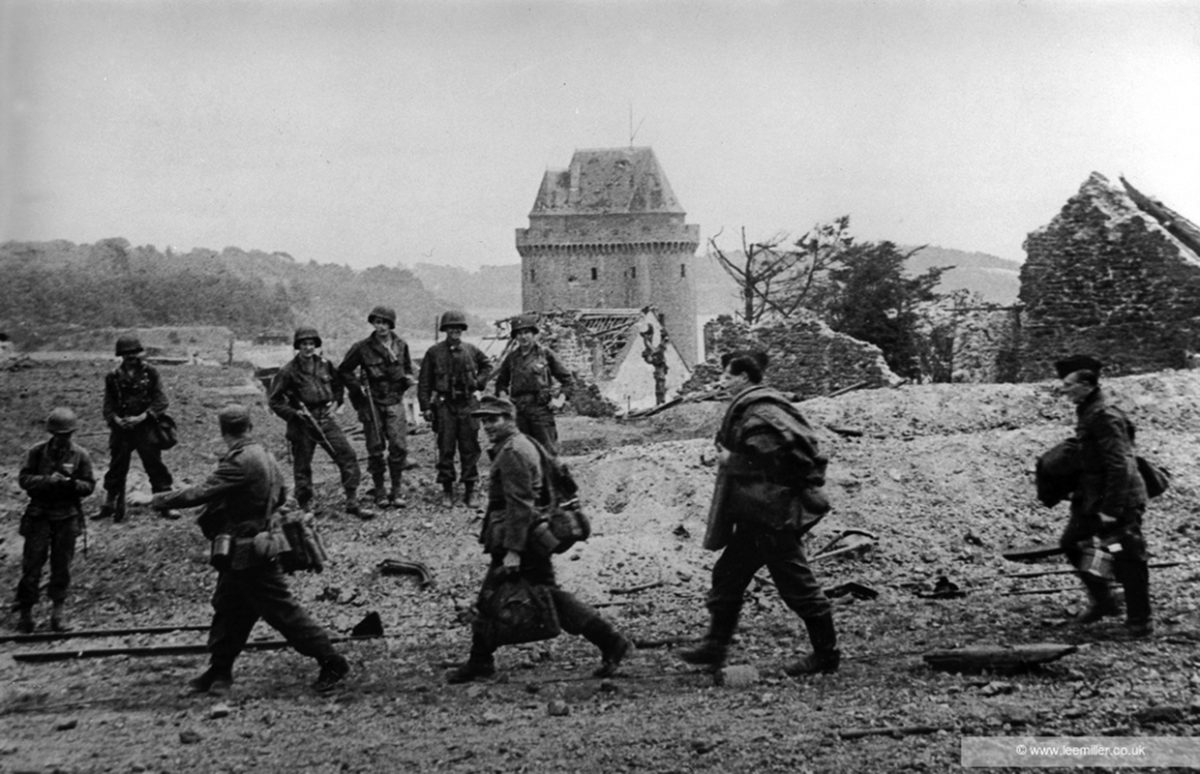
Lee Miller was one of the rare women war correspondents in World War II, photographing and reporting on D-Day, the liberation of Europe and some of the first images of Dachau and Buchenwald concentration camps. An exhibition celebrates her reporting of the siege of Saint-Malo in August 1944, before a biopic arrives on cinema screens, … Continue reading “Lee Miller: Photographing World War II”
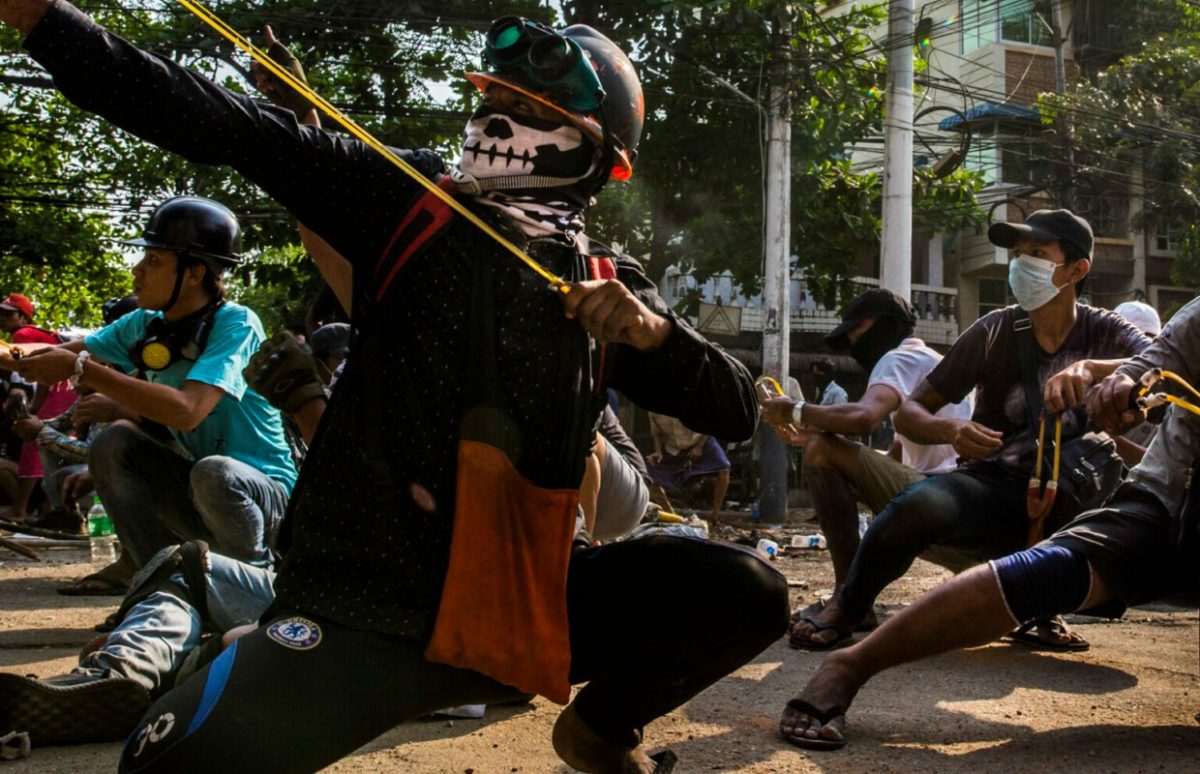
Since 1994, the Prix Bayeux has been awarded annually to war correspondents. The event also organises a schools’ project: Regard des jeunes de 15 ans. 3ème classes from France or abroad can vote for one of 20 press photos they feel best symbolises the world today. Votes close on 29 September. The Prix Bayeux was … Continue reading “Pupils Vote on Press Photography”
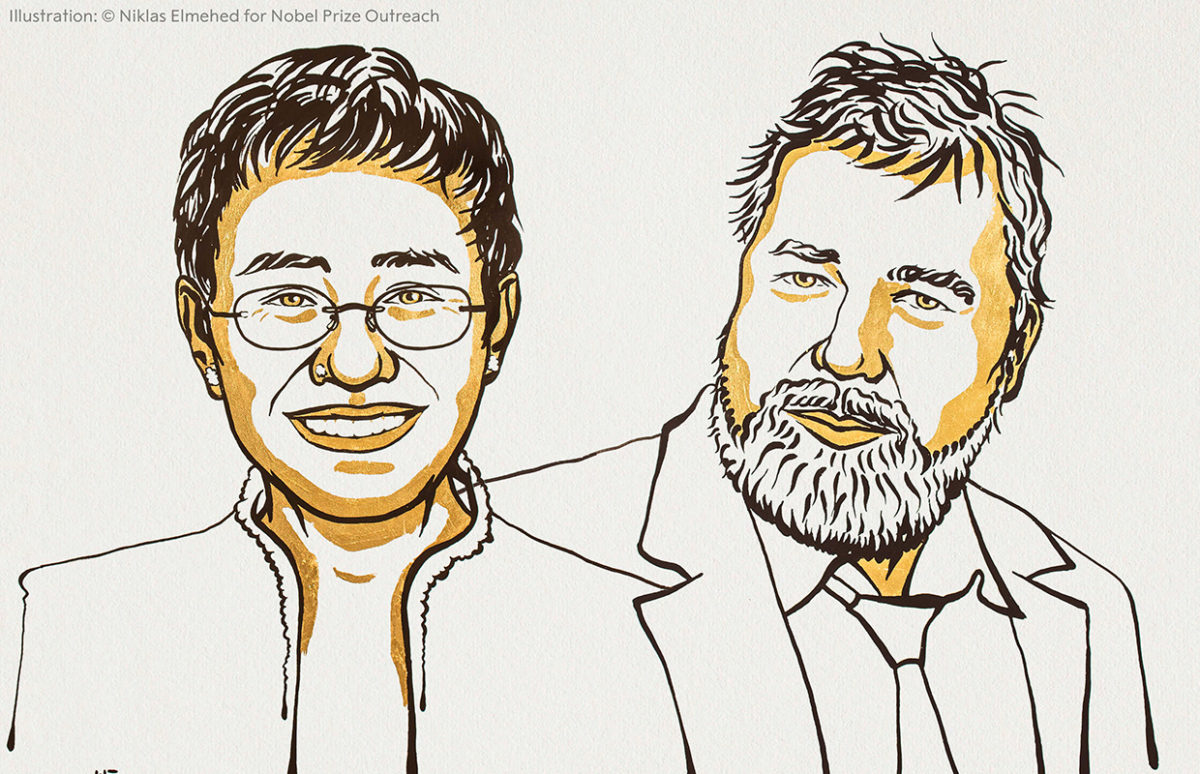
The Nobel Peace Prize has been awarded to two journalists with a long track record of fighting to protect freedom of expression: Maria Ressa and Dmitry Muratov, working in the Philippines and Russia. Both journalists are working in countries with populist governments which seem to have little respect for freedom of expression and both have … Continue reading “2021 Nobel Peace Prize Supports Freedom of the Press”
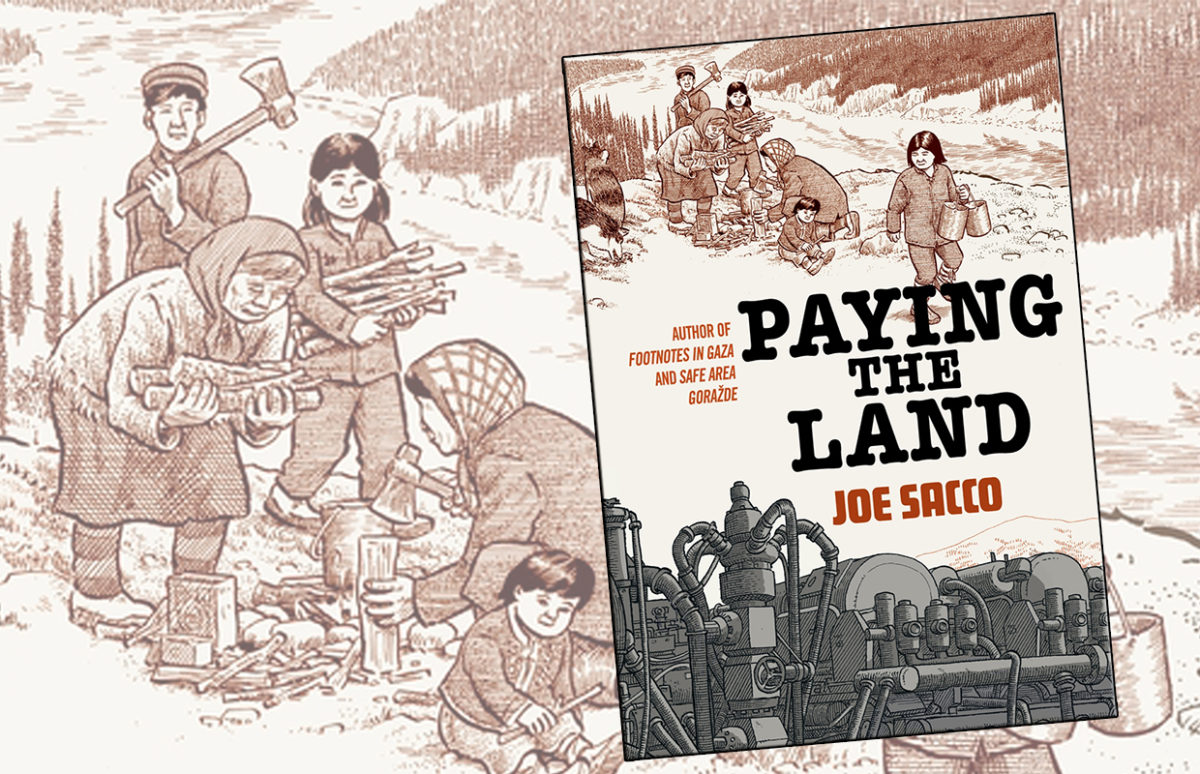
Joe Sacco has been creating works of comic non-fiction for more than two decades, illustrating conflict, war and human atrocity through the medium of graphic art. For his latest book — “Paying the Land”—Joe Sacco travels to the Arctic regions of Canada and tells us the history of the Dene Nation, an indigenous people living … Continue reading “Comic Notes: Joe Sacco “Paying the Land””
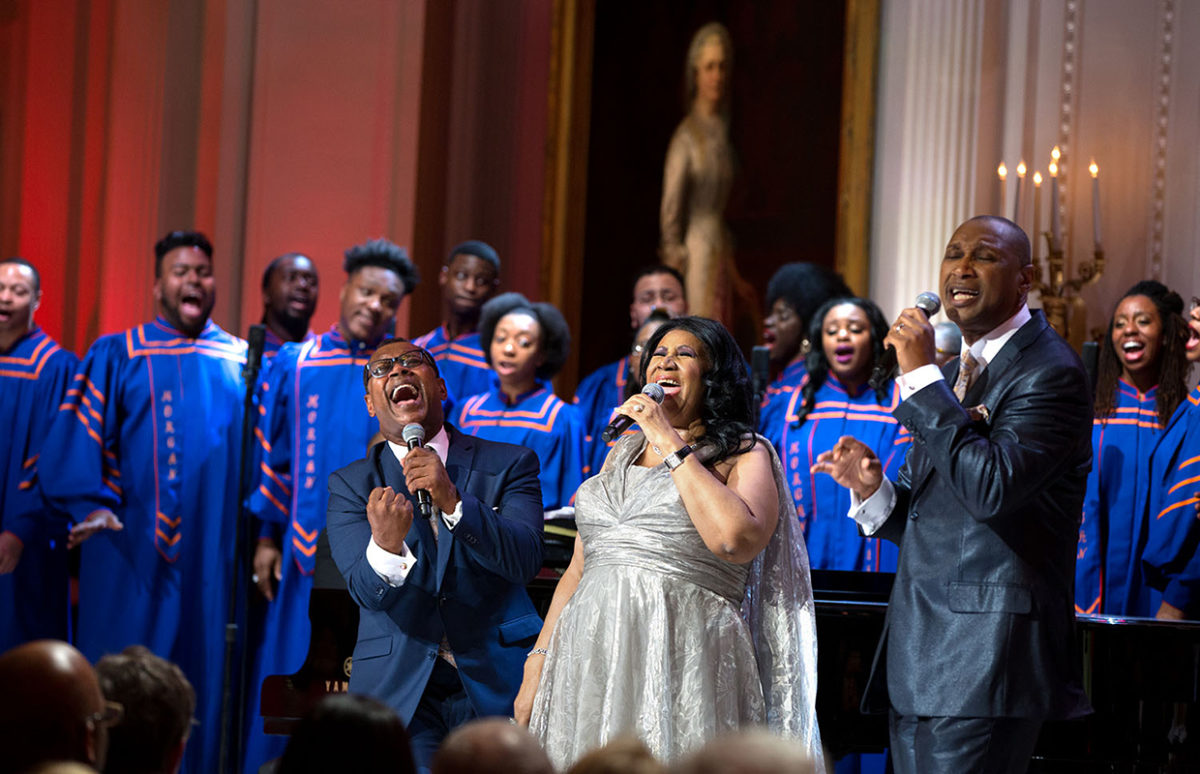
Soul singer Aretha Franklin has been posthumously honoured with a Pulitzer Prize. The 2019 winners list revealed on 15 April also included Richard Power’s extraordinary novel The Overstory and The New York Times and The Wall Street Journal for their investigations on President Donald Trump. Aretha Franklin (pictured) died in August 2018, at the age … Continue reading “Aretha Franklin Honoured with a Pulitzer Prize”

Our favourite entries in our recent journalism competition took too different approaches to reporting the news. Thank you for your excellent work! Sophie Coquelin’s 5ème class at Collège Louise Michel in Saint-Etienne-du-Rouvray (76) carried out a survey of media use in their class, like the one we reported on in our Ready to Use Resource. … Continue reading “Journalism Competition Winning Articles”
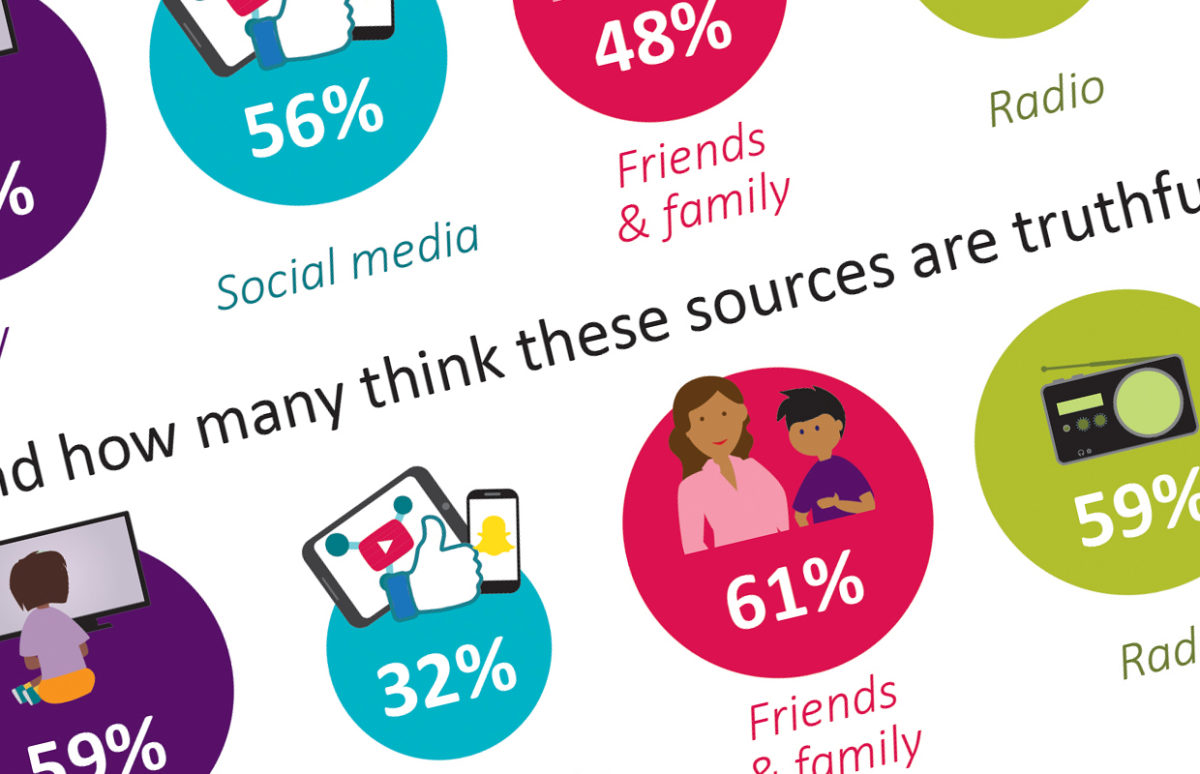
Governments and news organisations around the world are more and more concerned about teaching children to navigate the nebulous world of news and information on the Internet and help them become well-informed citizens. That means there are plenty of resources out there to help teach the topic. Here’s a selection. Today’s teenagers are often referred … Continue reading “Media Literacy Online Resources”

This worksheet is based on an article which can be labelled A2+ as far as understanding is concerned, but the final writing activity should target B1 for a good number of students. Therefore, we suggest starting with easy activities to engage everyone in the class and gradually move on to more demanding work. It is … Continue reading “What’s in the News?”

Don’t miss the deadline! We’re inviting your “Cycle 4” pupils to write their own articles to send us, and we’ll publish our favourites on Speakeasy News. Send us their work by 10 May. The theme of the competition is “School Report”. The objective is for pupils not to be tempted to cut and paste from … Continue reading “Journalism Competition for Your Classes”
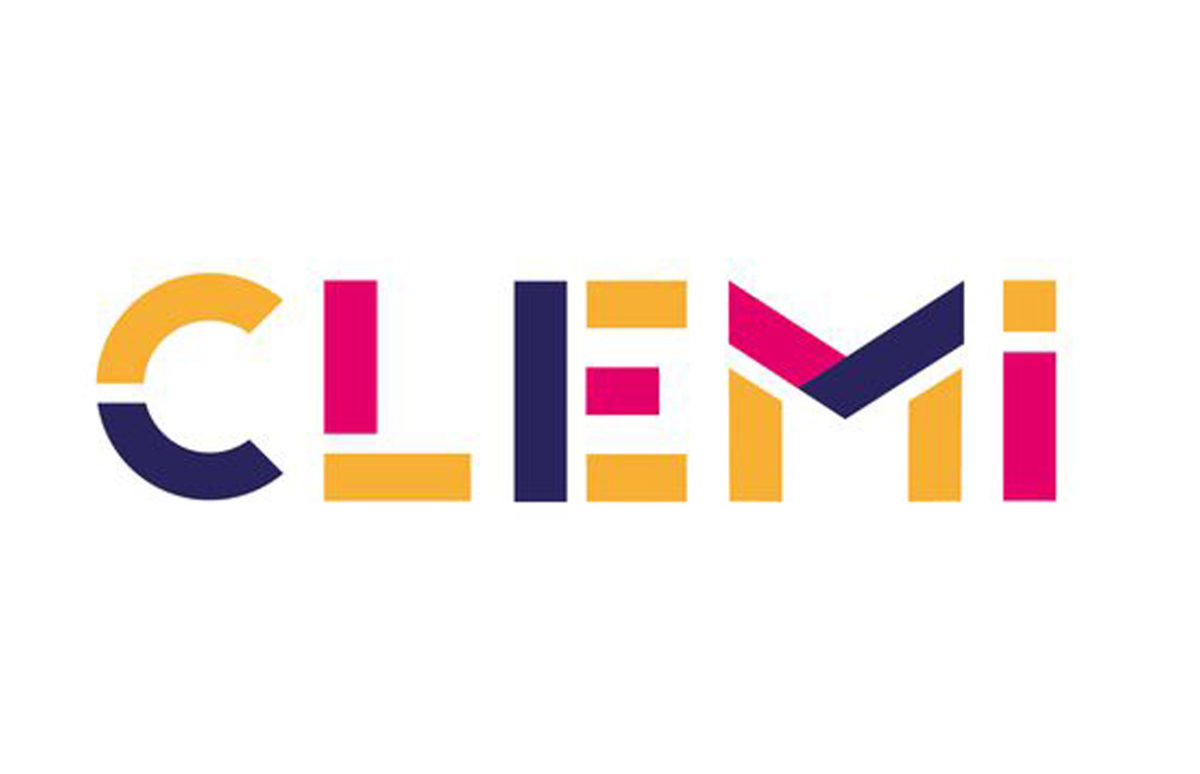
Every year the Semaine de la presse à l’école encourages teachers to work on media literacy with their pupils, by examining the press and having pupils turn their hands to reporting themselves. It’s a wonderfully realistic activity for language learners. There is a really excellent teaching pack with so many ideas in that you can … Continue reading “Media Literacy Week”














